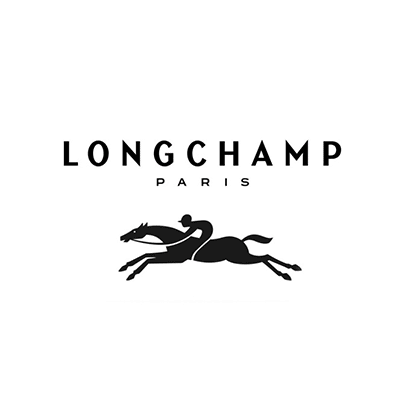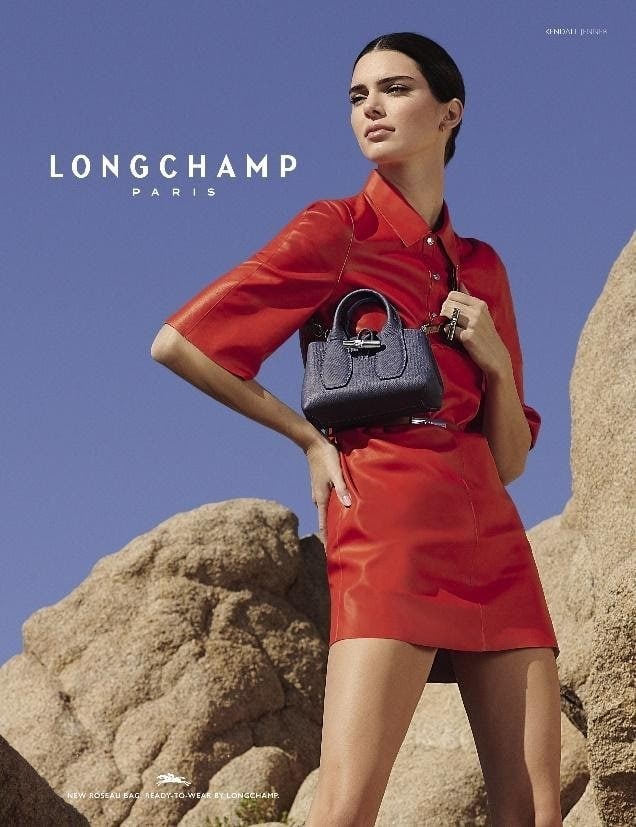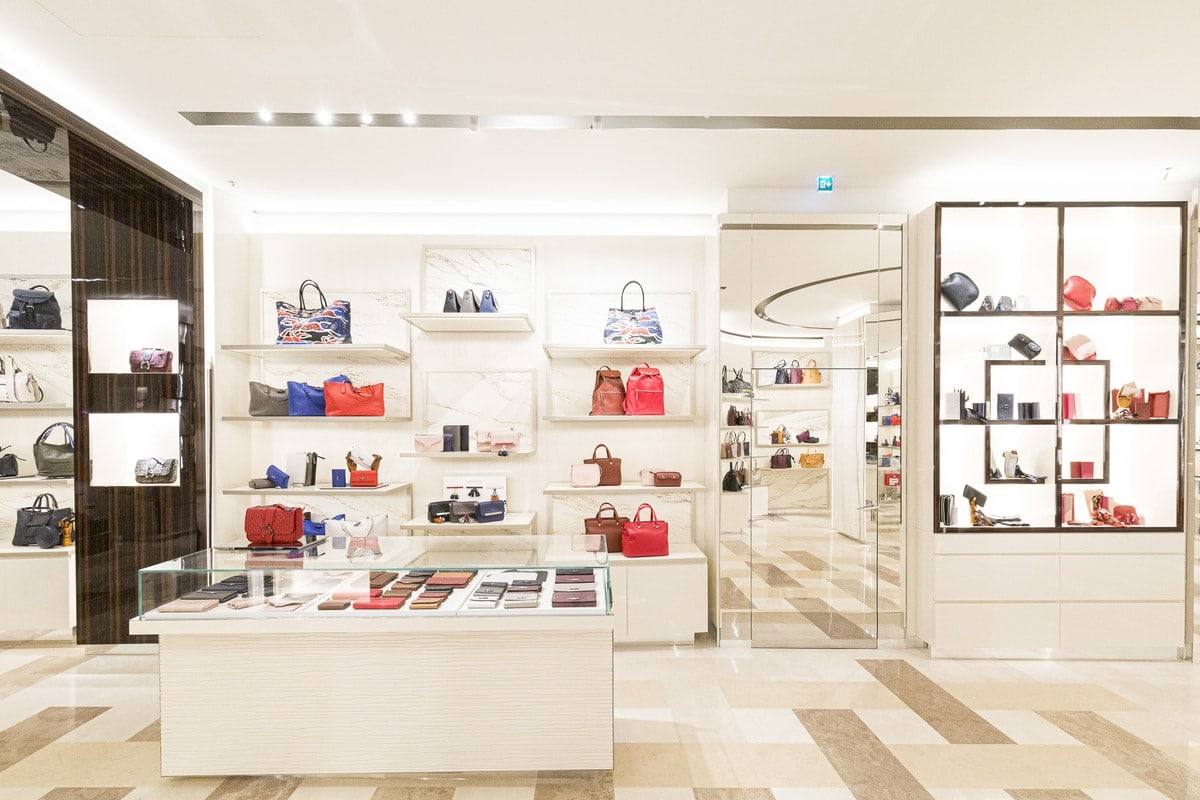Longchamp

French handbag maker Longchamp completes global rollout of Cegid retail software
Longchamp, the French leather goods brand, has completed a rollout of Cegid’s retail point-of-sale software across its international 300 store estate as part of a decade long initiative to boost sales and improve services throughout the expanding business. The retailer has been steadily adding new stores over the last few years in countries where demand for the French luxury handbags remains strong.
Delivering the world’s best selling handbag

Longchamp, which manufactures about half its bags in France and the rest in countries including Tunisia and Romania, has forged a global presence. The €550m family-owned company operates in 26 countries through a mix of own-brand stores and an additional 1,500 sales points in department stores. It employs over 3,000 people worldwide and celebrity endorsements with international fashion icons like Kate Moss and Kendall Jenner have helped bring global recognition – the Pliage folding tote bag, launched over 25 years ago, has become the world’s best-selling handbag and sold over 20 million in total, with around 10 bags sold every minute.
Going back to its origins in leather goods manufacturing since its creation in 1948, the Longchamp business has changed over time: evolving from a wholesaler into a retailer and now an international fashion brand, with stores in America, Europe, China, Korea and Japan.
The Cegid IT project – alongside integration to an ERP system from SAP and new ecommerce ventures – first started in France and then continued across Europe. Then, new stores were steadily added as the business expanded across the US and Asia. Following a 2018 upgrade to Cegid’s Y2 Retail software and recent deployment in Australia during 2019, all stores now have access to the same tools for better serving the needs of local customers and instant, accurate information on stocks and sales.
Unified commerce and systems
Armed with better reporting tools and having identified best-selling ranges and big spenders like the Chinese and Americans who flocked to stores in Europe, Longchamp has since opened around 20 stores in the US and 20 more in China, as well as launched new ecommerce sites dedicated to serving each country.
Frictionless trade
“Chinese consumers want to shop anywhere and pay using Alipay or WeChat Pay, often using them like social media sites to share fashion tips,” said Louit. “Most customers have already done their homework on the brand and know exactly what they want. So, making the shopping process as easy and frictionless as possible is something luxury brands have to be particularly attentive to.”
In the last year, the fashion accessories brand has been testing new technologies for adding popular services like click-and-collect (for picking up web orders in stores) during 2020, not to mention other initiatives like ship-from-store to serve the growing proportion of consumers who shop online. Another initiative the luxury brand is looking into: introducing mobile point of sales solution into its flagship stores so that staff could more easily serve customers using iPhones and the latest omni-channel technologies while on the shopfloor – including clienteling and loyalty apps that help ensure a more personalised service.
The Cegid software is also being used to help target more local events and launches specifically geared towards each country and type of customer. This might involve gathering information on a customer’s previous shopping preferences – or, say, the nationalities of customers visiting different stores – so that staff have a better idea of what to offer.

“Customers don’t expect to have to wait: speed, convenience and personalised service are de rigeur these days,” said Louit.
Its massively popular Le Pliage handbag can now be personalised to suit the particular tastes of the customer: for instance, choosing the colour and type of leather; or adding their own initials. Speedy processing of sales and easy tax returns for tourists complete the picture of Longchamp’s desire to make the customer journey a smooth one.
Longchamp launches two new collections per year and sells thousands of different products in various style and colour combinations:
“The brand’s positioning in the fashion market requires us to renew our product ranges quickly,” said Louit. “Speed has become a performance criterion in our market, and we must have the right tools that enable us to achieve it.
“Customers want a dialogue, not a monologue,” he added. “And staff need easy-to-use technology and information that they can rely upon.”
Future foundations
With solid foundations in place and unified systems across the international business, Longchamp is striving to make customer service as seamless and frictionless as possible – whether for customers shopping in a flagship store in London, New York or Paris; in a department store or concession; or online. Moving the Cegid Y2 Retail software and IT operations into the cloud may next make the business even more nimble as it continues to adapt to the evolving needs of the business.
“It’s a long process to train people and get stores up and running effectively, but it’s a way to make sure retail operations and data are consistent in all key markets,” Louit said. “We’re also getting the data much faster and in a more consolidated way.
“To keep up with the pace of change requires new technologies that empower staff and customers with information and tools at their fingertips,” concluded Louit.
